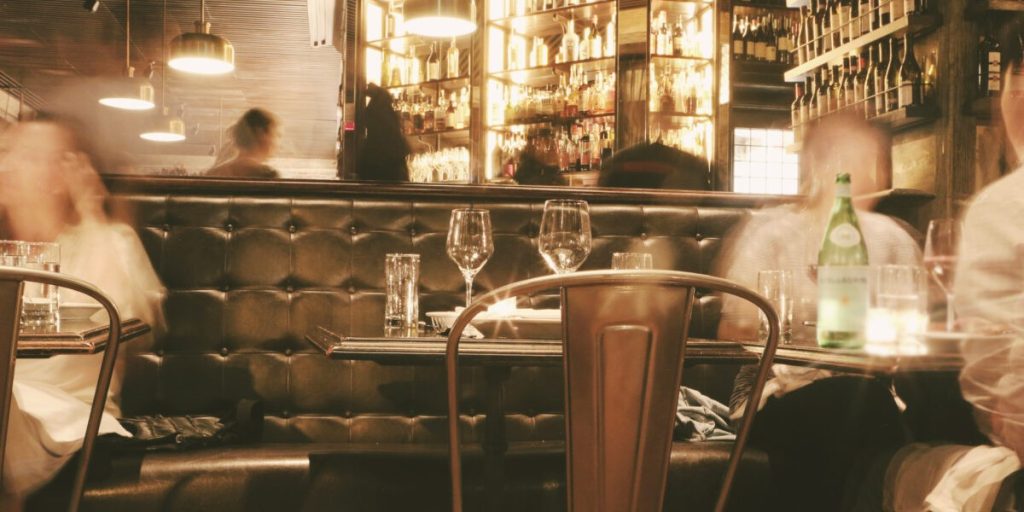
An August, 2011 Business Insider article does a good job of uncovering the perils of New York City’s fickle hospitality marketplace. The story states that of the one thousand or so restaurants opened in New York City in 2010, 80% should expect to shutter their doors in five years time. For those remaining 20%, the race to collect on a massive profit margin buoyed by the cities some 9 million grumbling bellies is treacherous and uphill. The same statistic generally applies to the rest of the nation as well.
Numerous factors can account for a food establishment’s ultimate failure: things like poor heath inspection scores, a sparsely trafficked location, obscene rent charges and negative reviews. That last point may cause the most detrimental blow of all. In our “every (wo)man’s voice must be heard” culture, a single star snub by just a handful of unsatisfied Yelp.com reviewers is enough to spell lights out for underperforming establishments.
Yelp.com, a social networking site with content comprised of user reviews related to local services (21% are restaurant reviews), receives more than 71 million monthly unique visitors. And it’s not alone. Similar sites that allow users to provide their own feedback and rankings include Zagat, UrbanSpoon, TripAdvisor, CitySearch, Google Places and a whole slew of others.
Marketing agencies in large metropolitan cities—like New York and Orlando—whose economic ebbs and flows are so directly tied to the successes and failures of their hospitality network, know the importance of helping to further a restaurant’s reputation online. Florida advertising firms study reports, like the one on Yelp presented by Harvard Business School’s Michael Luca in September of 2011. Unique among Luca’s findings is that “online consumer reviews substitute for more traditional forms of reputation.” He goes on to clarify, “Because consumers have more information about chains than about independent restaurants, one might expect Yelp to have a larger effect on independent restaurants. My results demonstrate that despite the large impact of Yelp on revenue for independent restaurants; the impact is statistically insignificant and close to zero for chains.”
This conclusion makes logical sense, however, it means that mom and pop shops who stand on precarious footing to begin with now must bare their knickers before a scrutinizing public. While the adage any publicity is good publicity still holds true for smaller companies with limited upstart working capital, the double edge sword is this: free publicity can’t be controlled or monitored so the key is to get it right the first time or fall prey to the wolves in foodie clothing.
Our Orlando advertising agency is ready to equip your company with the marketing strategy and tools to thrive in today’s competitive marketplace.



